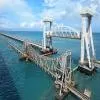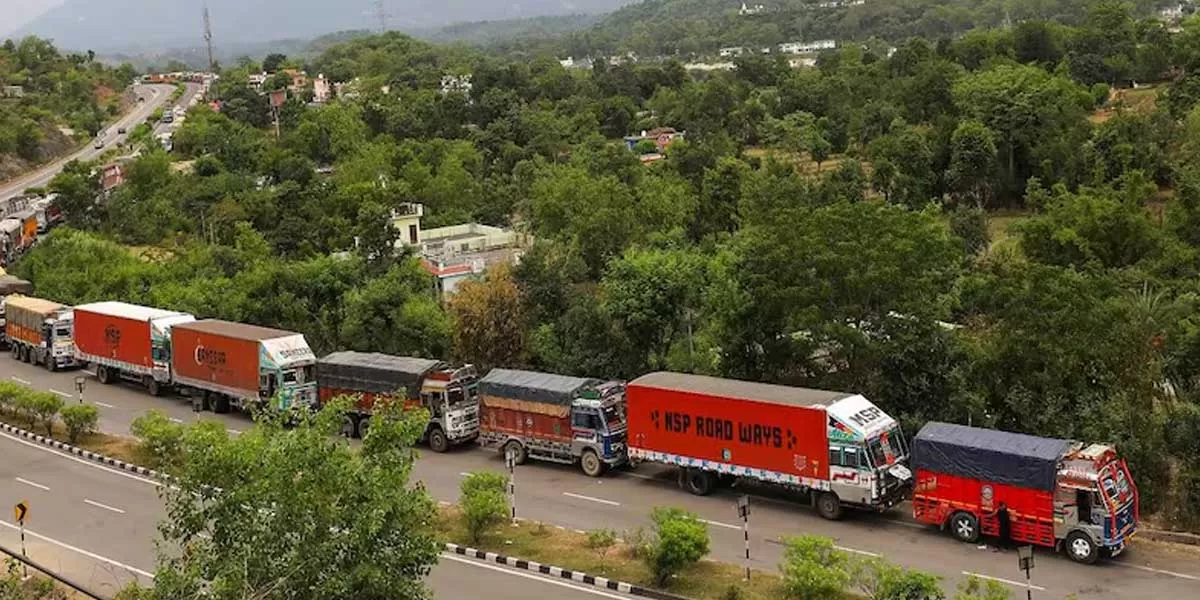
ICRA says domestic commercial vehicle sales will dip by 4'7%
Redefine the future of urban mobility! Join us at the Metro Rail Conference 2025 to explore groundbreaking ideas and insights. 👉 Register today!
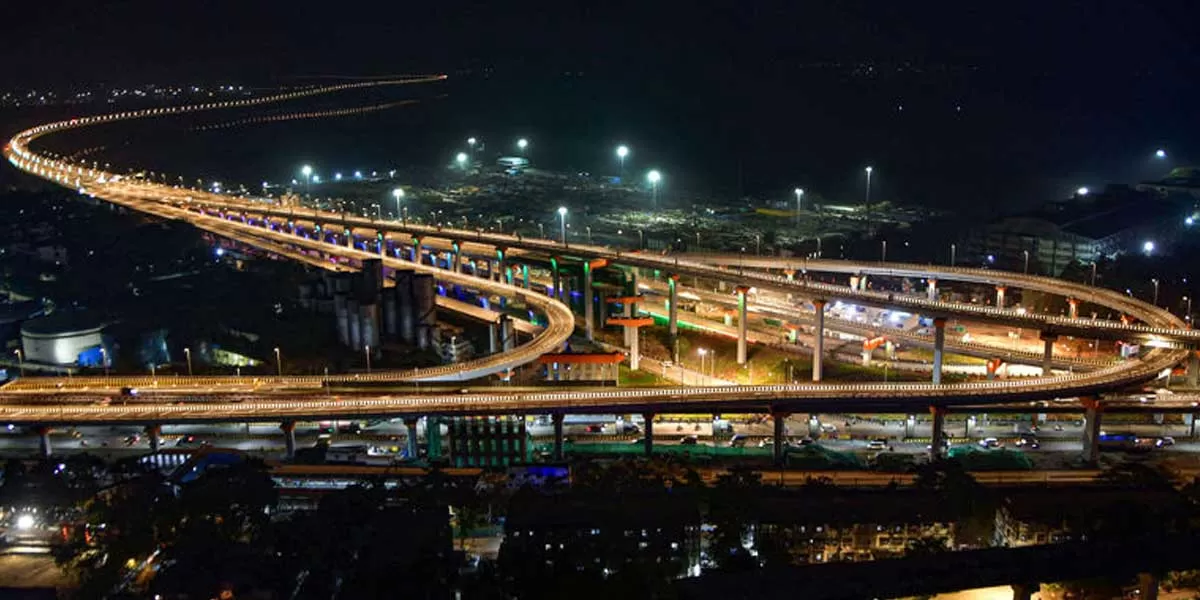
Atal Setu Records Daily Traffic Below Projections in First Year
India’s longest sea bridge, Atal Setu, which connects Sewri in Mumbai to Chirle in Navi Mumbai, has reported an average daily traffic of 22,689 vehicles in its first year, falling short of the initial projection of 56,000 vehicles per day. The 22-kilometer bridge, inaugurated by Prime Minister Narendra Modi on January 12, 2024, was constructed at a cost of Rs 178.4 billion and is hailed as a milestone in Maharashtra’s infrastructure development. According to the Mumbai Metropolitan Region Development Authority (MMRDA), the Atal Setu, formerly known as the Mumbai Trans Harbour Link (MT..
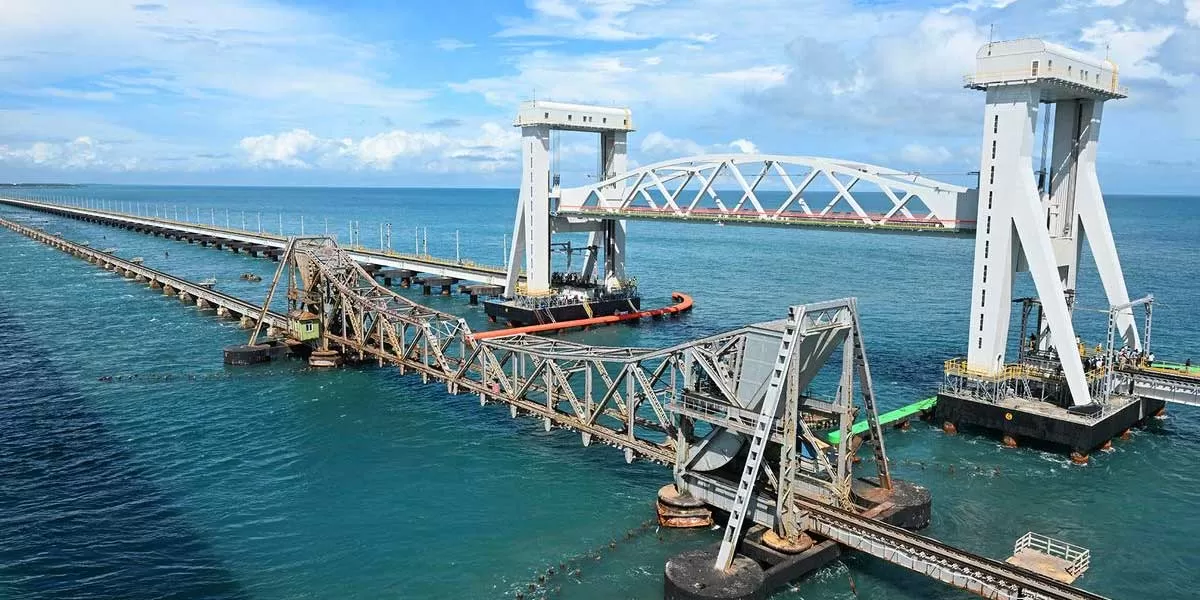
Railway Board Tightens Rules for Bridge Design After Pamban Lapses
The Railway Board has mandated all zones to inform the Commissioner of Railway Safety (CRS) about the special features of significant and innovative bridges during the design phase. This directive, issued on January 10, follows findings from Southern Circle Railway Safety Commissioner AM Chowdhary, who identified critical lapses in the construction of the newly built Pamban Bridge. The Pamban Bridge, India’s first vertical-lift rail bridge, connects the mainland to Rameswaram Island in Tamil Nadu. Its construction came under scrutiny last November when the CRS flagged issues prior to gr..
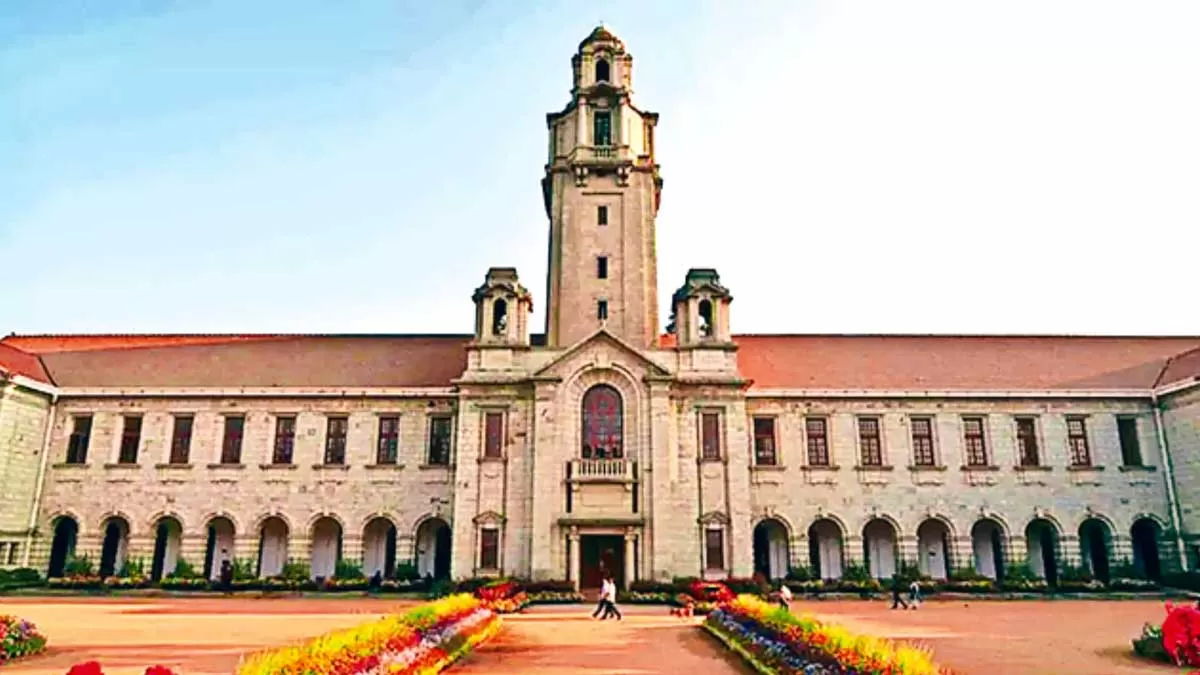
IISc and Tata Group to Launch Rs 5 Billion Medical School in Bengaluru
The Indian Institute of Science (IISc), Bengaluru, and the Tata Group have announced a partnership to establish the Tata IISc Medical School on the IISc Bengaluru campus. As part of the collaboration, the Tata Group will contribute Rs 5 billion to support the development of the institution. The Tata IISc Medical School is envisioned as a centre of excellence that combines basic science and engineering with clinical research and medical education. It will specialize in areas such as oncology, cardiology, neurology, nephrology, diabetes and metabolic disorders, infectious diseases, integrat..




